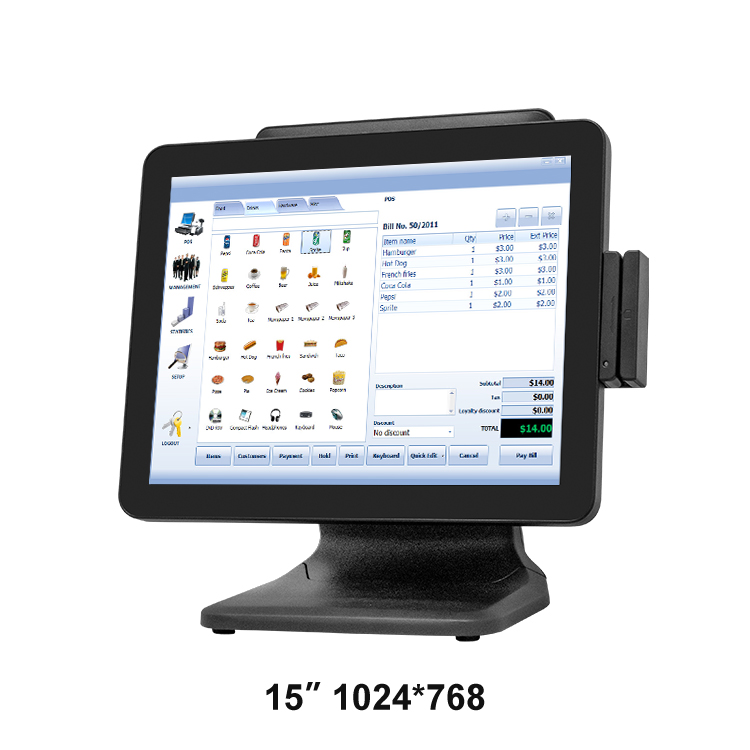In today's technologically advanced world, cash transactions are rapidly being replaced by digital payment methods. One of the most popular electronic payment systems is the Point of Sale (POS) machine. However, a vital question arises: Does the POS machine require special training to operate? This article aims to delve into this topic and provide a comprehensive understanding of the training requirements for operating a POS machine.
1. Overview of POS Machines:
POS machines are electronic devices that facilitate secure and convenient transactions for businesses. They are commonly seen in retail stores, restaurants, and other establishments that handle customer payments. These machines enable speedy processing of payments through various modes like debit/credit cards, mobile payments, or even digital wallets.
2. Complexity of POS Machinery:
While POS machines may seem simple at first glance, they involve intricate processes and functionalities. From reading cards to validating payments and generating receipts, these machines perform multiple tasks simultaneously. Understanding and gaining proficiency in these operations require individuals to undergo specialized training.
3. Importance of Security Measures:
As POS machines deal with confidential customer information, maintaining data security is of utmost importance. Training helps operators comprehend the privacy and security protocols associated with these devices. Learning how to protect sensitive information and prevent potential fraud or hacking attempts is a crucial aspect of this training.
4. Familiarization with the Software:
POS machines utilize specific software that varies among different models and manufacturers. Training ensures that operators become familiar with the software's user interface, functionalities, and troubleshooting methods. This knowledge enables them to efficiently handle any technical issues that may arise during operations.
5. Enhancing Efficiency and Accuracy:
Proficiency in operating POS machines not only improves the overall efficiency of customer transactions but also minimizes human error. Through training, operators learn how to handle various types of transactions smoothly, such as split payments, discounts, refunds, and other common scenarios. This expertise aids in maintaining accurate financial records and customer satisfaction.
6. Troubleshooting and Maintenance:
POS machines are electronic devices that may encounter technical glitches or malfunction at times. Training equips operators with skills to identify common issues and perform basic troubleshooting steps. Additionally, understanding routine maintenance requirements ensures optimal functioning and prolongs the lifespan of the POS machine.
Conclusion:
To sum up, the operation of a POS machine demands special training due to its complexity, security implications, and software intricacies. Training not only ensures secure transactions and protects customer information but also enhances the efficiency and accuracy of payment processing. With proper training, operators can troubleshoot and maintain POS machines effectively and adapt to technological advancements effortlessly. Acquiring specialized training in operating POS machines is vital for businesses to provide seamless, secure, and efficient services to their customers.
all in one pos machine retail pos machine pos machine manufacturers



